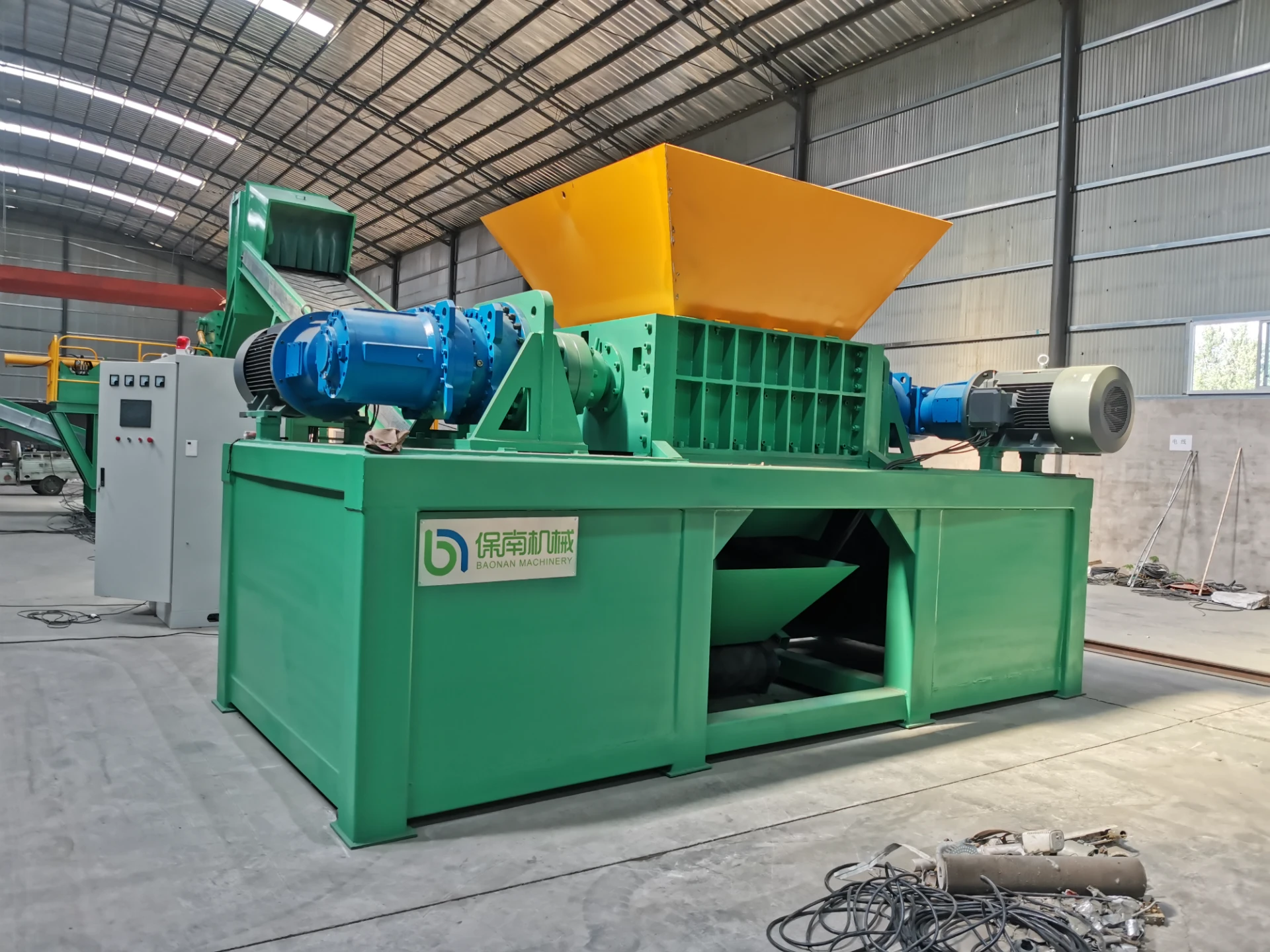

Dec . 04, 2024 16:00 Back to list
How to Recycle PCBs A Comprehensive Guide
Printed Circuit Boards (PCBs) are essential components of modern electronic devices, providing the necessary connections between electronic components. However, with the rapid pace of technological advancement, many electronics become obsolete, leading to an increase in electronic waste, or e-waste. Proper recycling of PCBs is crucial to minimize environmental impact, recover valuable materials, and promote sustainable practices in the electronics industry. This article outlines the steps involved in the recycling of PCBs, emphasizing the importance of effective management of electronic waste.
Understanding PCBs
PCBs are made from a variety of materials, including plastics, copper, glass fiber, and other metals. When discarded improperly, these materials can contribute to significant environmental pollution, leaching toxins into soil and water. Therefore, recycling PCBs not only conserves resources but also helps reduce the harmful effects of e-waste on the environment.
Step 1 Collection
The first step in recycling PCBs is the collection of electronic waste. Individuals and organizations can drop off old electronics at designated e-waste recycling centers, municipal collection events, or even through manufacturer take-back programs. It is essential to ensure that collected materials are directed toward certified e-waste recyclers, as improper handling can lead to environmental harm.
Step 2 Dismantling
Once collected, the e-waste undergoes a dismantling process. Skilled workers or automated machines carefully disassemble the electronics to separate PCBs from other components, such as screens, batteries, and casings. This process is crucial because different materials require different recycling processes. Dismantling should be done with care to prevent the release of potentially hazardous substances, like lead and mercury, found in some electronic components.

Step 3 Shredding
After dismantling, the PCBs are shredded into smaller pieces. Shredding increases the surface area of the materials, making it easier to separate valuable metals during the recycling process. In some recycling facilities, the shredding process is followed by a washing step to remove non-metal contaminants such as plastics and resins.
Step 4 Separation of Materials
The shredded PCBs then undergo a separation process that utilizes various techniques, including gravity separation, magnetic separation, and flotation. These methods allow recyclers to extract valuable metals like copper, gold, silver, and palladium from the waste material. The recovery of these metals not only reduces the need for mining new resources but also helps to minimize the overall carbon footprint associated with electronics production.
Step 5 Refining and Selling
Once the metals are separated, they undergo further processes to refine and purify them for resale. Recycled metals can be sold back to manufacturers, creating a closed-loop system in the electronics industry that contributes to a more sustainable economy. Meanwhile, non-recyclable materials are appropriately disposed of, ensuring minimal environmental impact.
Conclusion
Recycling PCBs is a crucial process in managing electronic waste effectively. By following the steps outlined above—collection, dismantling, shredding, separation, and refining—we can recover valuable materials while protecting the environment from the adverse effects of e-waste. As consumers, we can also play an essential role by opting for responsible disposal methods and supporting recycling programs, thus contributing to a more sustainable future for our planet. Through collective efforts, we can ensure that our electronics do not become a burden on the environment but rather a source of valuable resources.
Latest news
Troubleshooting Common Eddy Separator Problems
NewsJul.04,2025
The Role of Metal Recycling Plants in Circular Economy
NewsJul.04,2025
The Impact of Recycling Line Pickers on Waste Management Costs
NewsJul.04,2025
Safety Features Every Metal Shredder Should Have
NewsJul.04,2025
How Industrial Shredders Improve Waste Management Systems
NewsJul.04,2025
How Cable Granulators Contribute to Sustainable Recycling
NewsJul.04,2025